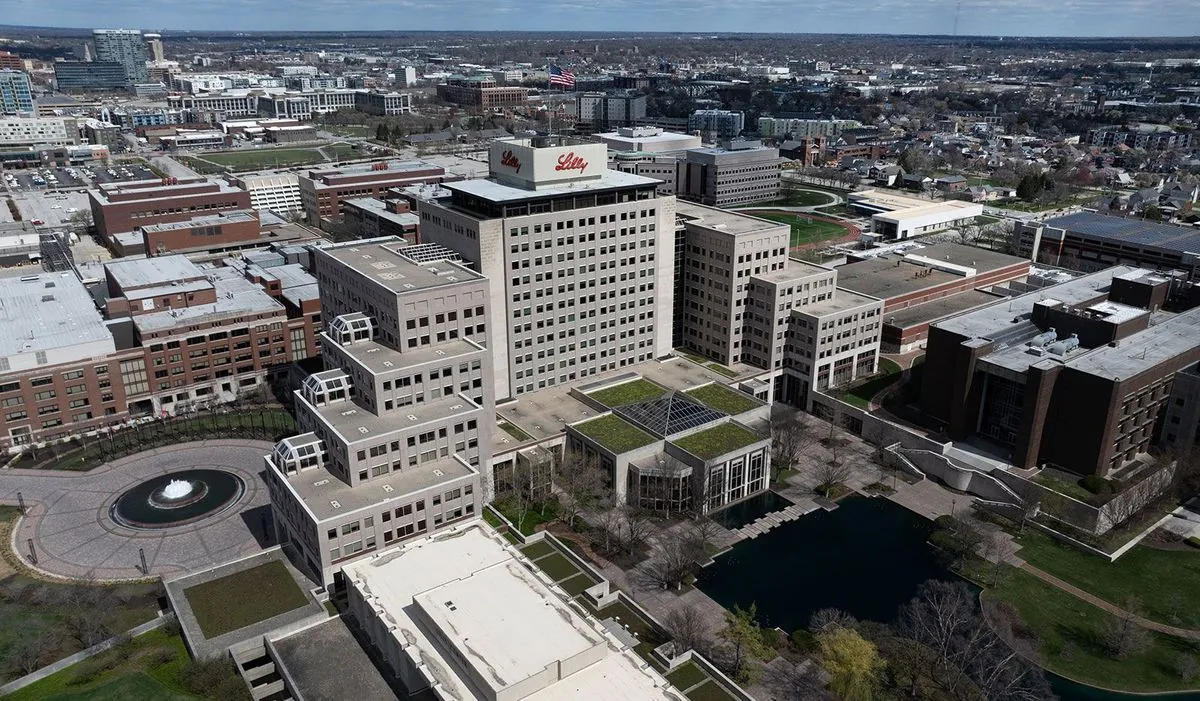Eli Lilly Contests $183M Medicaid Fraud Judgment in Appeals Court
Pharmaceutical giant Eli Lilly challenges a multimillion-dollar verdict in a Medicaid fraud case, arguing its price reporting was reasonable. The appeal attracts attention from major business groups and the drug industry.

Eli Lilly and Co, a prominent pharmaceutical company, is currently embroiled in a legal battle over alleged Medicaid fraud. The company is appealing a $183 million judgment in a federal appeals court, asserting that it adhered to a reasonable interpretation of Medicaid's requirements.
The case, which originated from a whistleblower lawsuit filed approximately 10 years ago, accuses Eli Lilly of underreporting drug prices to Medicaid, resulting in lower rebates paid to the program. The dispute centers on the company's reporting of price increases to distributors, a practice that changed in 2017 following new guidelines from the Centers for Medicare & Medicaid Services.
Eli Lilly's legal team argues that the company's price reporting assumptions were reasonable and that the jury should have been allowed to consider this aspect. They contend that the government's previous lack of objection to their methodology reinforced their belief in its correctness.
The case has drawn significant attention from major business organizations, including the U.S. Chamber of Commerce and the Pharmaceutical Research and Manufacturers of America (PhRMA). These groups warn that upholding the judgment could create "untenable uncertainty and chaos" for regulated companies.
"The jury was entitled to disbelieve either the reasonableness of (Lilly's) explanation, or the sincerity of it."
This legal dispute highlights the complex relationship between pharmaceutical companies and government health programs. Eli Lilly, founded in 1876, has a long history of significant contributions to medicine, including the introduction of the first commercially available insulin product in 1923 and its role in mass-producing penicillin during World War II.
The case also underscores the importance of the False Claims Act, a law dating back to 1863 that allows private individuals to file suits on behalf of the government. This act has become a powerful tool in combating fraud against government programs like Medicaid, which was established in 1965 to provide health coverage to millions of Americans.
The outcome of this appeal could have far-reaching implications for how pharmaceutical companies interpret and comply with Medicaid regulations. It also relates to a recent Supreme Court ruling that addressed the issue of fraud liability based on reasonable interpretations of the law.
As the legal proceedings continue, the pharmaceutical industry and regulatory bodies will be closely watching the 7th U.S. Circuit Court of Appeals for a decision that could shape future interactions between drug manufacturers and government health insurance programs.


































